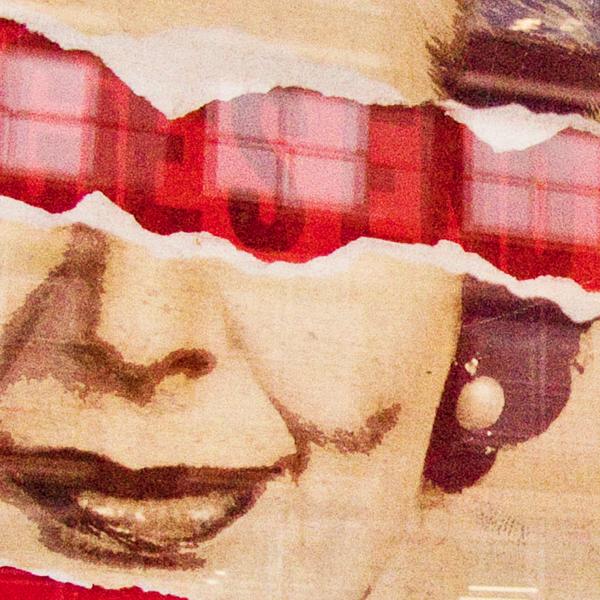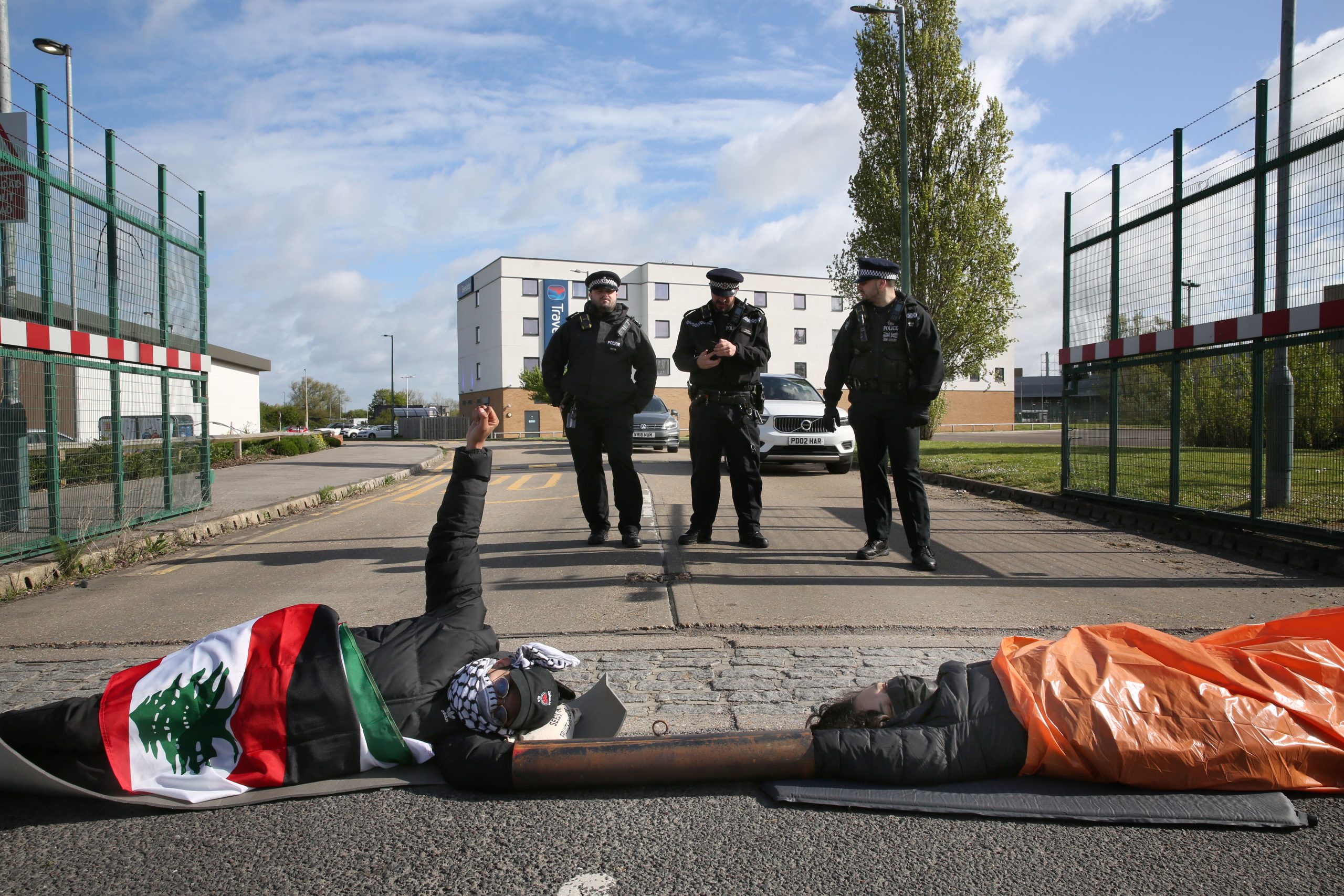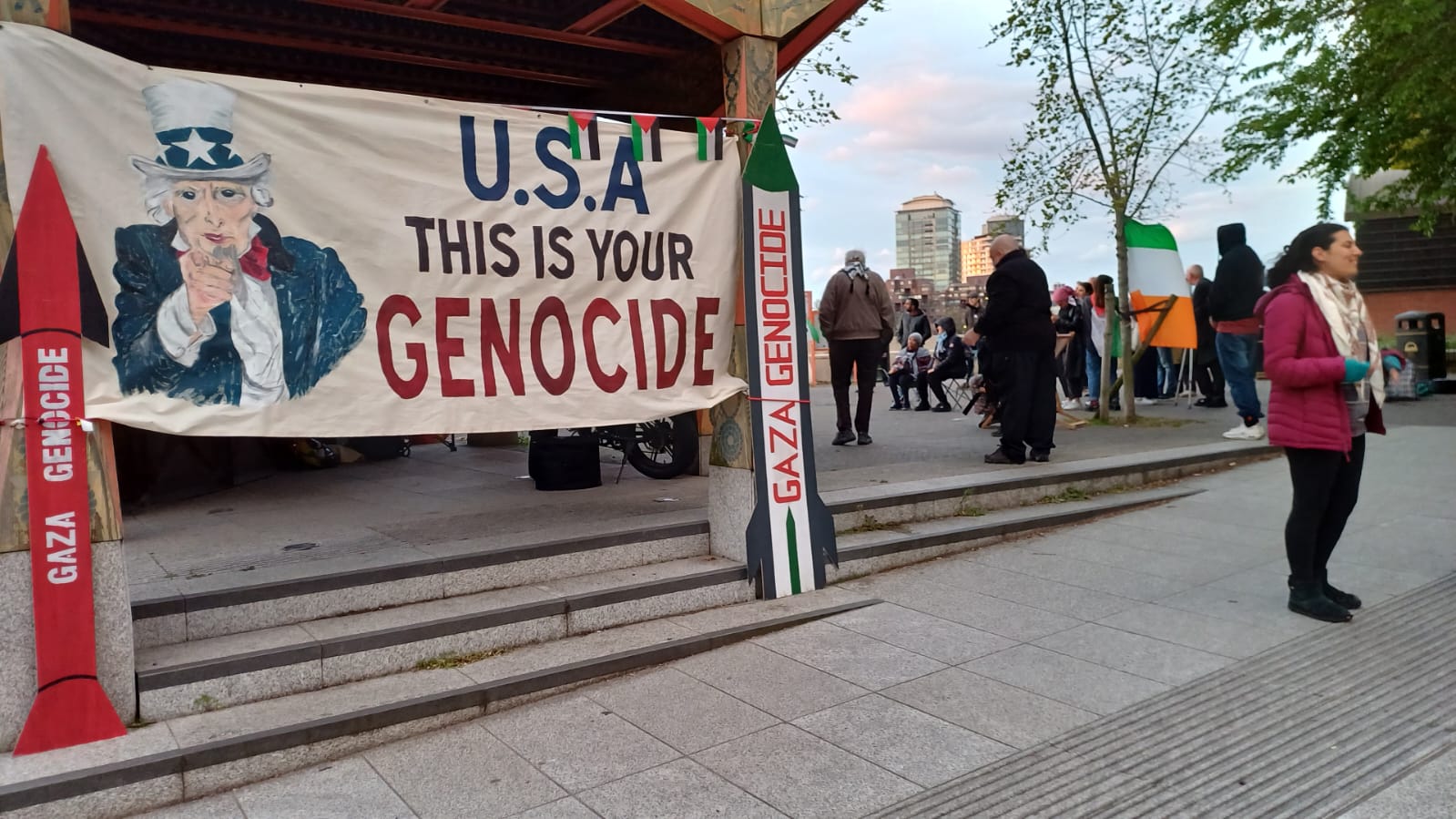George, 24, is having to go to work at a small London office during the pandemic, despite being able work from home.
“The whole thing is to stay home, save lives…We are laughing in the face of that,” he says.
There have been more than 3,700,000 cases and over 100,000 Covid deaths in the UK. Many blame the government for a lack of consistent and effective guidelines/rules, which even members of the government brazenly flaunt. Further criticism is levied at them for refusing to listen to scientific advice for weeks at a time. Others believe it is the fault of the public.
However, it seems many businesses, have largely avoided scrutiny.
The government has stated on their website ‘You can only leave home for work purposes where it is unreasonable for you to do your job from home’. Offices that remain open need to complete a COVID-19 risk assessment, take part in track and trace, and turn sick people away. There are suggestions as to how to mitigate risk, such as: screens, a one-way system and sanitizer stations. This is not a high barrier and some businesses elect to do this. However, judging from a series of interviews, it seems to be a common occurrence to just ignore these guidelines. Without serious regulations and rules, many businesses choose to put their employees’ health, the health of their loved ones and the health of the wider public on the line for their profit.
“Essentially, it’s compulsory to come in – we’ve been told we have to, in pretty certain terms,” says office-worker George. “We don’t have a choice so we take the precautions we can.” Whilst he acknowledges that it is easier to work in the office as it is more social and breaks up the monotony of being at home, he fears that he will get himself, his family and others commuting sick. “There’s a risk involved in the commute. We are unnecessarily getting into contact with people”, and then there’s risks at the office with his management not taking illness seriously. “What annoyed me is someone turned up last week with symptoms… they did not have it in the end, but that was concerning. They were pressured to come in”. Part of his frustration with his management is that they do not face the same risks, as they live nearby and have the ability to drive in, and therefore avoid public transport and areas with pedestrians.
Software engineer Sean said he was “under immense pressure to go in”. “Often phrases like ‘if people don’t comply then we will have problems’ where were used to create an element of fear. Divide and conquer worked best, the CEO would get the most persuadable to agree first then work his way up using lines like “you don’t want to let you team mates down do you?”. According to him the company only furloughed when they wished to maximise the money they could get from the government, rather than any ethical or safety concerns.
Andrew, a mid-30s office worker with just under 80 people in his workplace, has seen 12 of them contract COVID-19, with as many people self-isolating. “The management tried to mostly ignore what was happening, saying that we were Covid secure, but then people slowly started to come down with it.” Most disturbing for him was that he and his fellow workers had been told to turn off their track and trace apps. “The worker opposite me got Covid but came in to work. She didn’t know she had it till tested”. Thankfully, he was not infected himself, but he is stressed that his workplace could be a hub for transmissions. Andrew said he had no avenue to challenge his boss as he “wasn’t deemed to be at risk”. He aptly concluded that he plays “a daily lottery of who has got it, who hasn’t, and who has been exposed”.
These are a just a selection of people in the uncomfortable situation of risking their health or their career. Coercive control is an effective tool used to make employees feel trapped and without a choice in an issue that impacts their health.
One interviewee said that “If I felt really unsafe I thought I’d kick off, but a colleague came in sick and I didn’t… it’s a predicament, it’s hard to draw the line when there’s pressure to come in”. He commented on the uncertainty he felt, saying that there is a real fear of being fired or having a black mark put against his name if he speaks out. A large proportion of those interviewed said that they had not been given a choice to work from home, others said it was not a serious choice given to them as they worry about repercussions. This is summarised well by a 24-year-old Hertfordshire office worker; “It’s a fear of unknown as to how it could affect you in the future. My boss might feel one way now but that can change as information changes”.
Employees are now taking on the responsibility of doing the best they can to protect themselves, with new routines to prevent themselves getting sick, whereas their employers in several cases were choosing to do the bare minimum.
It is difficult to determine how many businesses are operating in this way, especially as many are afraid to speak out.
Rob Miguel, the National Health and Safety Advisor for Unite the union commented that the Health and Safety Executive (HSE) has investigated nearly 4000 cases since the 6th of January, where bosses were claimed to be ignoring the rules. He said employers “should take every possible step as set out in guidelines on home working” and that “Employers and employees should discuss their working arrangements, and employers should take every possible step to facilitate their employees working from home, including providing suitable IT and equipment to enable remote working”. For those being forced into work he said “more than one employee raising the issue collectively will be preferable to raising it alone, raise it with the HSE where the worker can remain anonymous”.
At times like these, collective action, perseverance, and courage are needed to protect workers’ rights and each other. To round off, Rob Miguel stated “at no other time do they need support as found during this pandemic, workers need the protection of a union”.
William Dare
(Names have been changed, along with identifying information to protect the interviewees privacy)








